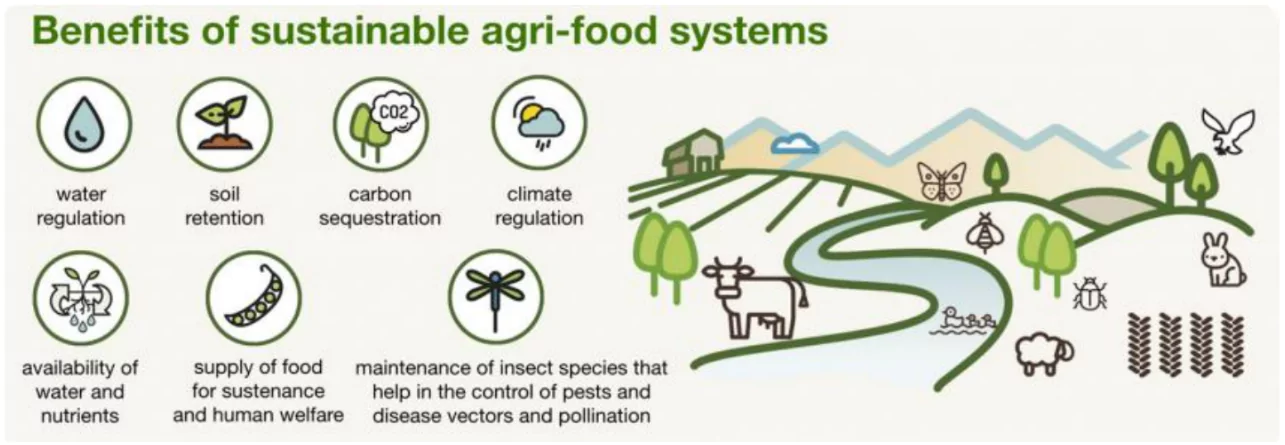At the 15th BRICS Agriculture Ministers’ Meeting held in Brazil, India reaffirmed its dedication to inclusive, equitable, and sustainable agriculture.
Key Highlights of BRICS Declaration
- Commitment to Sustainability: BRICS nations reiterated their shared goal of building a fair, inclusive, innovative, and sustainable agri-food system.
- Launch of BRICS Land Restoration Partnership: This partnership aims to combat land degradation, desertification, and declining soil fertility through scientific and traditional convergence.
- Focus Areas: The declaration emphasized food security, climate resilience, empowerment of women and youth, sustainable livestock and fisheries, land restoration, digital agriculture certification, and financial and trade frameworks for the Global South.
- Invitation to Global Events: India invited BRICS nations to participate in World Food India 2025 and the World Audio-Visual Entertainment Summit 2025 to foster innovation and collaboration.
Indian Government Initiatives for Sustainable and Inclusive Agriculture
- National Mission for Sustainable Agriculture (NMSA): Aims to make agriculture more productive, sustainable, and climate-resilient.
- National Innovations on Climate Resilient Agriculture (NICRA):Focuses on strategic research and technology transfer for climate adaptation in farming.
- Waste to Wealth and Circular Economy: Promotes sustainable resource use and agricultural waste management.
- Promotion of Bio-fertilizers and Traditional Farming: Encourages organic and eco-friendly farming practices using indigenous knowledge.
- Technological Advancement in Agriculture: Initiatives like the Digital Agriculture Mission, AgriStack, drone technology, and Climate-Resilient Villages were shared as models improving transparency, services, and farmer income.
- Public Support Systems: Fair agricultural trade, stable global pricing, public food stockholding, and minimum support prices (MSP) to ensure farmer welfare.
- Targeting small farmers: Policies such as cluster-based farming, Farmer Producer Organizations (FPOs), cooperative models, and natural farming as tools to empower small farmers.
- Women Empowerment in Rural India: Programs like Lakhpati Didi and Drone Didi, shows India’s commitment to empowering women socially, economically, and politically.
PWOnlyIASExtraEdge
Sustainable agri-food system
A sustainable agri-food system ensures food security and nutrition without compromising environmental, social, or economic foundations for future generations.
It includes:
- Eco-Friendly Practices: Techniques like crop rotation, agroforestry, and organic farming conserve soil, water, and biodiversity while reducing chemical use.
- Economic and Social Equity: It supports fair income for farmers, equitable labor conditions, and strengthens rural communities with access to nutritious food.
- Climate and Biodiversity Resilience: Sustainable farming builds resilience to climate change and preserves biodiversity through diverse crops and environmentally adaptive practices.

|
![]() 19 Apr 2025
19 Apr 2025

